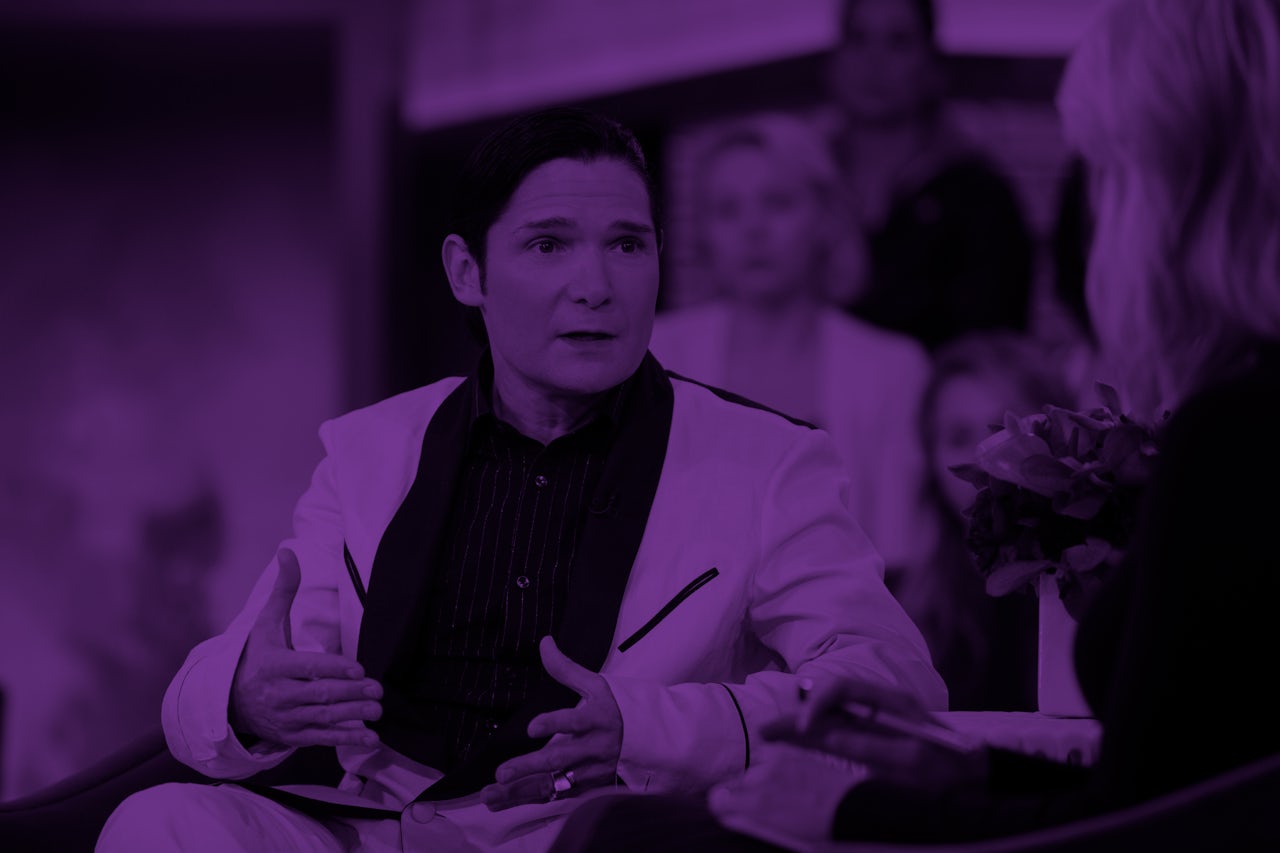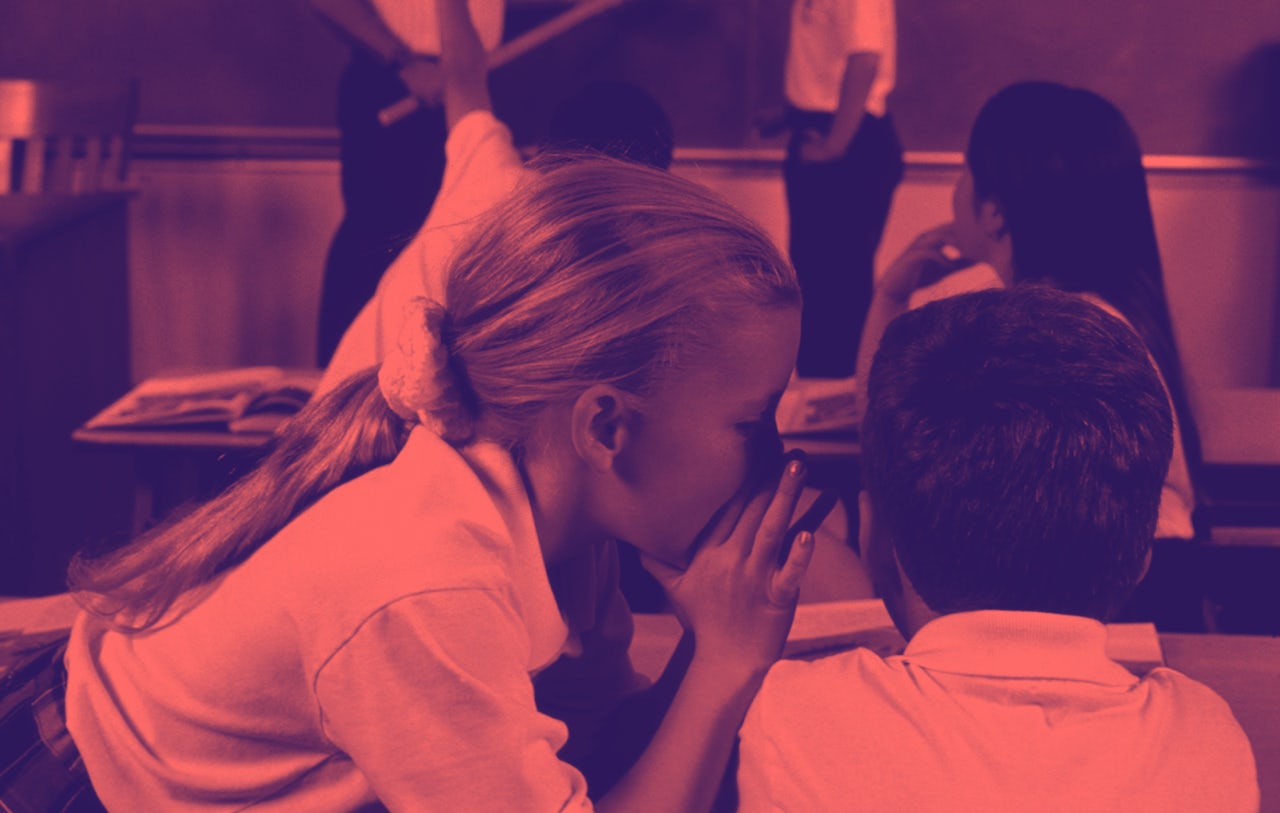Since the New York Times and the New Yorker broke the news about sexual assault and harrassment allegations against Harvey Weinstein in early October, other news outlets have continued reporting dilligently on the abuse allegations against public figures from a number of industries, perhaps emboldended by the outpouring of support that coverage of these stories have rightly received. Rose McGowan, who had long spoken out against harassment and sexism in Hollywood, is at last getting the media coverage that her story warrants, as are other survivors like Asia Argento, Ashley Judd, Rosanna Arquette, Gwyneth Paltrow, Angelina Jolie and Lupita Nyong’o, to name a few.
In this wide-scale effort to publicize the stories of these survivors there have also been moments of vindication for other public figures whom media outlets, in the past, have been all too happy to mock, and not as quick to believe. In 2005 oft-ridiculed musician Courtney Love insinuated that Weinstein was an abuser. Back then, the comment mainly drew the attention of the Creative Artists Agency, whom Love claims responded by banning her. But shortly after the Weinstein stories broke, the video made the rounds online. Child star-turned media laughingstock Corey Feldman has seen more attention paid to his accounts of abuse than ever before. He had previously written about it in his 2013 memoir Choreography, using aliases for those he accused. But until recently few have come forward to publicly support him. On October 30, he was interviewed about his abuse on the Today Show and, on the Dr. Oz Show last week, he accused actor John Grissom of abusing him. Feldman’s former Goonies costar Sean Astin recently spoke out in support of Feldman, lending credence, for many, to claims Feldman has been making for years. Outside of the firestorm of Hollywood sex abuse, Azealia Banks had her own moment of public validation when RZA admitted that he in fact did witness Russell Crowe spit on Banks at a party in 2016. The Wu-Tang Clan member had previously denied Banks’ claims that the Australian actor spat on her, choked her, and called her the n-word, instead saying that she was “loud and obnoxious” and hoped that his “wife, daughters, sisters and females on my staff” would never act as Banks did.
These revelations have elicited the same response from the public: I guess they were right all along. That surprise seems to hinge on the fact that what Love, Feldman, and Banks all have in common is a history of being portrayed as easily-packaged archetypes by the entertainment media. They are the drug addict, the fame-hungry has-been, and the angry black woman. Their stories are sensational ones and they have publicly erred — Love and Feldman for their addiction-fueled public antics and Banks for her numerous bigoted and admittedly abusive public statements, some of which she has apologized for over the past year whilst opening up about living with mental illness. They are largely understood to be “wild” and “crazy” and as such are unreliable narrators until their claims can be corroborated with people with better reputations.
This raises an important question to be asked while we’re wondering who has yet to tell their story and who else will be exposed for abusing people and their power: Who are the people who have been silenced by the public’s labels and perceptions of them? Who are the people silenced with labels of “crazy” and thus “unreliable”, famous or not?
Objects of public ridicule — the druggies, the sluts, the angry black women — live in a different sphere of the news cycle, a less forgiving one.
It’s a question that becomes more and more pressing each time communities watch a victim of sexual assault publicly characterized as “a slut”. And one that arises with each study detailing how marginalized students, especially black girls, are judged (and punished) more harshly than their peers. It has been asked forcefully on Twitter by users who don’t understand why R. Kelly can still find work, while Weinstein, Kevin Spacey, Bill Cosby, and others have rightfully been ousted from the public’s good graces. Kelly recently launched a new tour through mid-size venues across the South. According to his Twitter, he recently performed at Snoop Dogg’s wife’s birthday party. He is still signed to RCA records and remains a cultural icon, even as details of the ways he abuses black women and girls continue to come out. Like celebrity archetypes, Kelly’s alleged victims can be forced into the societal archetypes of the golddiggers and troubled teen black girls. Unlike celebrities, Kelly’s victims have the added disadvantages of being black and unknown to the public, just a couple explanations for why this evil man continues to walk free.
There are many lessons to be learned in the wake of all of the important reporting on abusive men in power and the stories by survivors being shared across social media, and one is that objects of public ridicule — the druggies, the sluts, the angry black women — live in a different sphere of the news cycle, a less forgiving one. As an AV Club article about the 2005 Weinstein video points out, Love was on the red carpet for the Comedy Central Roast of Pamela Anderson where comedians declared open season on Love’s mental health and addiction. In Feldman’s case, increased attention to his story hasn’t even necessarily translated into more sensitive coverage. On the Today Show, both Matt Lauer and Megyn Kelly challenged Feldman on being too slow to speak out. At one point Feldman pushed back on Lauer’s questioning, saying, rightfully, “I’m the victim here.”
If people with giant platforms, like Feldman, can’t find empathy, that what of the millions more who are dehumanized and lack a well-known name? Outside of the media there are also people who are reduced to caricatures of themselves, and even more than Hollywood outsiders, they are largely powerless. I’m thinking specifically here of people who are labelled “crazy” or “slutty,” sometimes at a young age. It’s only natural for the stories we tell each other to include characters and archetypes. But much as the recent deluge of abuse allegations have allowed us to question acclaimed people in power, they necessitate that we also question whom we’ve come to accept as their powerless, unacclaimed counterparts.

